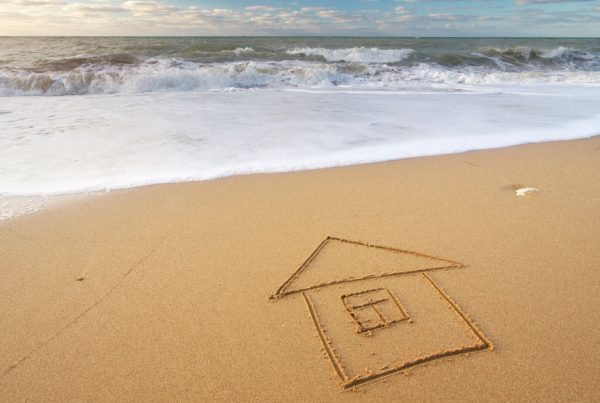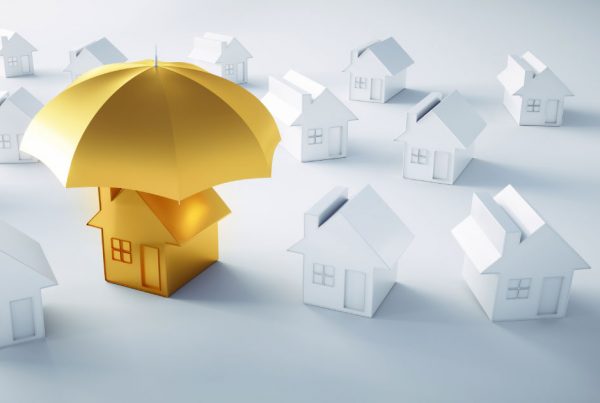One aspect that many residents are not aware of when they purchase a property in Spain, is the costs involved generally on a quarterly basis, in maintaining the shared areas (communal gardens, pools etc) of the property. These are known as “community fees”.
These expenses make direct reference to everything necessary so that a community, which is the name given to all the common areas of a building, urbanization, complete with houses…. has correct maintenance of the property, its charges, services, and other responsibilities that cannot be divided individually but which affect all the owners.
Also included in this contribution are the expenses generated by works and works that are necessary for the maintenance and conservation of the property and the common services and facilities, such as, for example, the works necessary to comply with the basic requirements of security, habitability and universal accessibility.
How are expenses shared in a community of owners?
This is one of the most frequent questions we receive in this respect. According to Spanish law, “each flat or premises will be allocated a share of the total value of the property and referred to hundredths of it. This quota will serve as a module to determine the participation in the charges and benefits due to the community”. Therefore, the distribution of the common costs is made in a general way according to the participation quota of each flat or premise.
On the other hand, the owner is always responsible for these costs. Even if the property is rented and the rental contract states that these costs are to be paid by the tenant, in the event of non-payment to the community by the tenant, the owner will be liable.
What are the common expenses in a residents’ association?
There are 2 lines of expenses that can be included as own in a residents’ association, ordinary and extraordinary expenses. The first must always be included in the annual budget, while the second refers to specific events or needs.
- Ordinary expenses
These are those expenses that are considered necessary and foreseen for the maintenance of the property, such as conservation, maintenance and ordinary repairs.
Expenses that are considered ordinary include:
– Maintenance, upkeep and repair of the most common services in the communities: Cleaning, water consumption, bank charges, maintenance, caretaker’s fees, swimming pool, gardening, etc.
– Expenses of maintenance, conservation and repair of common elements such as roofs, water channels, pipes, boiler
– Works for the conservation and accessibility necessary for the maintenance of the building and its services.
– Municipal expenses such as the rubbish collection fee, or passage of carriages.
- Extraordinary expenses
Extraordinary expenses are not contemplated in the Annual Budgets and are used to carry out some type of work or reform of common elements.
In order to collect the funds, an Extraordinary Meeting is usually called, in which all the owners are informed of the problem and the best solution is sought for its solution. The form of payment is also decided here, which can be charged to the money saved by the Community, with the approval of a spillage or with a proportional increase in the community fee.







